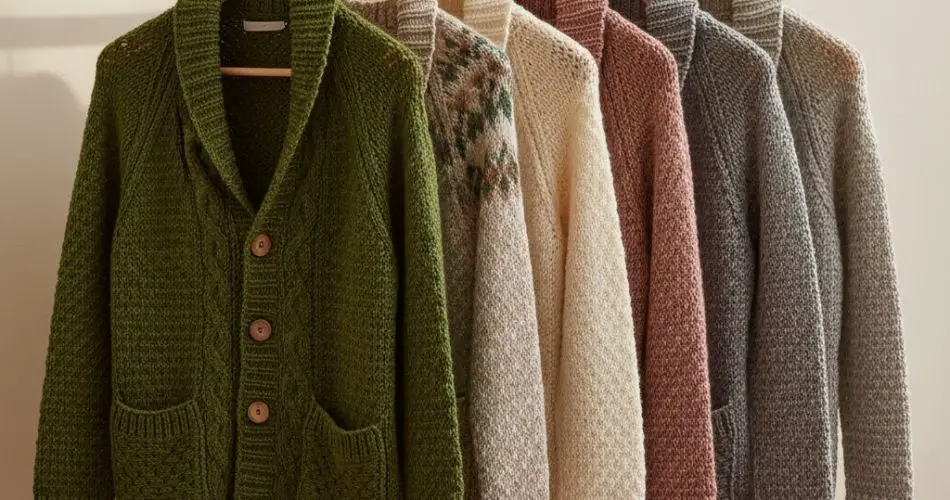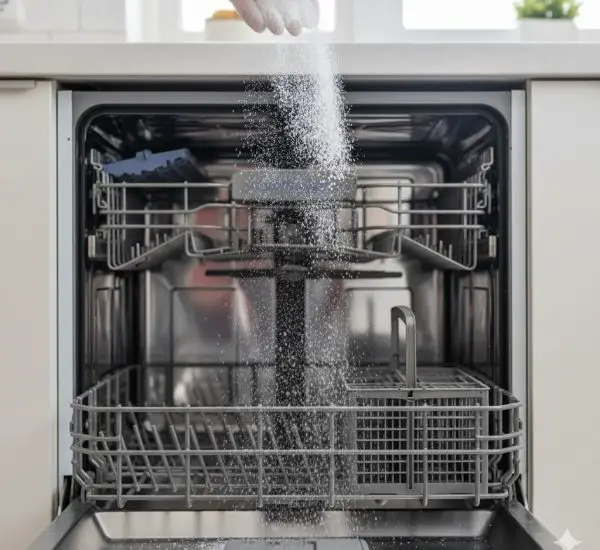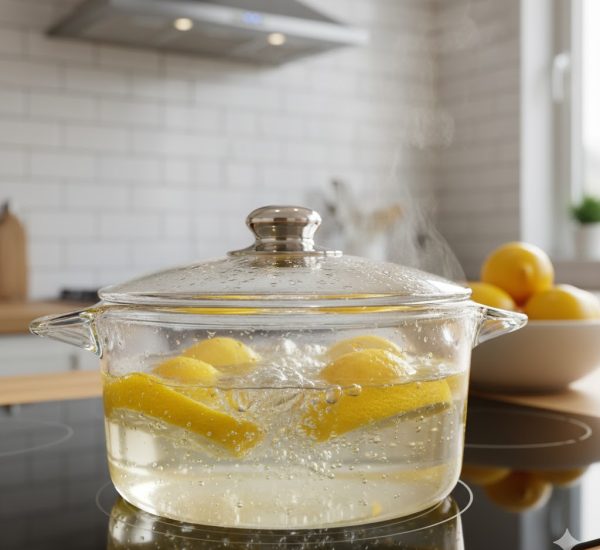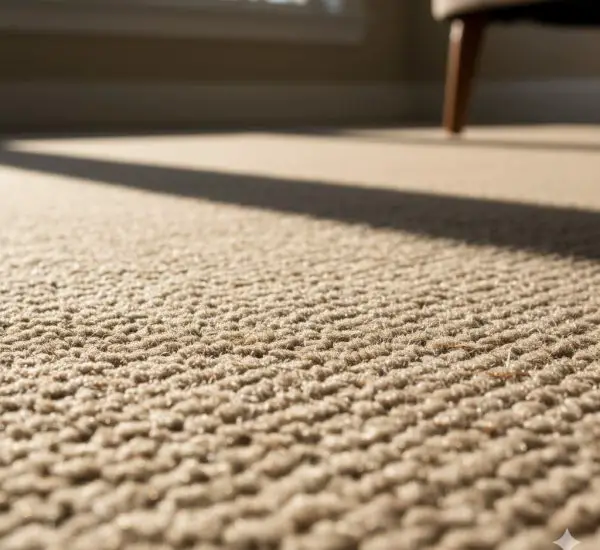Every woman dreams of pulling fresh laundry out of the washing machine that feels luxuriously soft and smells divine. That cozy sensation when wearing freshly laundered clothing is undeniably comforting, yet achieving that perfect softness often seems elusive. Many people automatically turn to commercial fabric softeners, but these can be expensive, environmentally harmful, and even irritating for those with sensitive skin. Fortunately, natural alternatives exist that are inexpensive, effective, and safe for the whole family.
Why Commercial Fabric Softeners Are Not Always the Best Choice
While store-bought softeners promise softness and fragrance, they often come with drawbacks. Many products contain chemicals, dyes, and synthetic fragrances that may irritate sensitive skin. In addition, their repeated use contributes to environmental pollution and adds unnecessary costs to your weekly grocery bill.
Thankfully, natural ingredients that are commonly found in the kitchen can deliver results that rival—or even surpass—traditional softeners. The most popular and effective natural softeners include white vinegar, baking soda, citric acid, salt, and herbal infusions like chamomile. Each has unique properties that help soften fabrics, eliminate odors, and leave laundry smelling wonderfully fresh.
The Power of White Vinegar and Baking Soda
White vinegar and baking soda are a classic pairing that works wonders on laundry. Both ingredients naturally soften fabrics, remove detergent residues, and neutralize odors. To create a homemade fabric softener using these ingredients:
-
Heat 1 liter of water in a jug.
-
Dissolve 2 cups of baking soda in the warm water.
-
Add 1.5 cups of white vinegar.
-
Include 10 drops of essential oil for fragrance—lavender is ideal, but orange or lemon also work beautifully.
Pour about 60 milliliters of this mixture into your washing machine’s detergent drawer. The result is laundry that is soft, fresh, and delicately scented.
Some people prefer to avoid vinegar due to environmental concerns. In this case, citric acid is a fantastic alternative. Citric acid is biodegradable and works effectively to soften fibers. Simply dissolve 150 grams of citric acid in 1 liter of lukewarm water, add 10 drops of your chosen essential oil, and use 100 milliliters of the solution in the washing machine.
How Salt Enhances Fabric Softness
Salt is another excellent addition to natural laundry softening. Its primary role is not to soften fabrics directly but to counteract the effects of hard water, which can make clothes feel stiff and scratchy. To use salt in laundry:
-
Mix 300 grams of salt with 15–20 drops of essential oil (lavender or mint works well).
-
Add 50 grams of baking soda and mix thoroughly.
-
Add two tablespoons of the mixture to your washing machine drum before the rinse cycle.
This simple addition helps reduce the hardness of water, ensuring that fabrics remain soft and pleasant to the touch.
Chamomile: A Natural Softener for Towels and Delicate Fabrics
Chamomile is a traditional ingredient used to soften laundry naturally, particularly for items like towels, which can often feel rough and scratchy after washing. To prepare a chamomile-based softener:
-
Boil 1 liter of water in a pot.
-
Add 4 chamomile tea bags and allow the infusion to steep for a few minutes.
-
Once cooled, add 20 drops of essential oil to enhance the fragrance.
-
Pour one cup of this homemade softener into the washing machine during the rinse cycle.
The result is exceptionally soft towels and clothes that retain a subtle, soothing fragrance. This method is particularly gentle and ideal for delicate fabrics and sensitive skin.
Storing Homemade Fabric Softeners
The remaining mixture can be stored in a regular bottle or a recycled softener container for repeated use. This ensures that you always have a natural, affordable fabric softener ready without the recurring expense of commercial products. It’s important not to overuse the mixture to prevent any potential residue on your fabrics.
Using an optional dryer sheet or a few drops of essential oil during machine drying can further enhance softness and fragrance. Your laundry will come out smelling wonderful and feeling plush and luxurious to the touch.
Benefits of Switching to Natural Fabric Softeners
By replacing commercial fabric softeners with natural alternatives, you gain several benefits:
-
Eco-Friendly: Homemade solutions reduce chemical pollutants and plastic waste.
-
Cost-Effective: Ingredients like vinegar, baking soda, salt, and chamomile are inexpensive and widely available.
-
Gentle on Skin: Free of harsh chemicals, these methods are ideal for sensitive skin and children’s clothing.
-
Effective: Properly used, these natural ingredients deliver soft, fragrant, and fluffy laundry comparable to—or better than—store-bought products.
Tips for Best Results
-
Always measure ingredients carefully to avoid residue buildup.
-
For maximum fragrance, choose essential oils that are safe for laundry and skin.
-
Use lukewarm or hot water to help dissolve baking soda, citric acid, and salt effectively.
-
Regularly clean your washing machine to maintain its performance and hygiene.
Conclusion
Creating soft, fragrant, and comfortable laundry doesn’t require expensive, chemical-laden fabric softeners. Simple kitchen ingredients like vinegar, baking soda, citric acid, salt, and chamomile are all you need to transform your laundry into plush, aromatic garments. These natural solutions are gentle, environmentally friendly, and highly effective, offering a luxurious laundry experience at a fraction of the cost.
Once you try these methods, it’s likely you’ll never go back to commercial fabric softeners. With consistent use, your clothes, towels, and linens will stay softer, smell fresher, and provide that comforting, cozy feeling every time you wear them.



